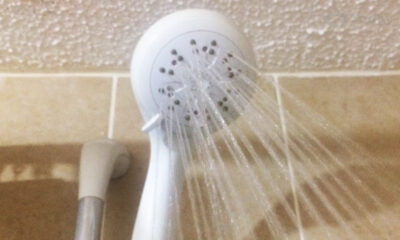Want to make your annual resolutions stick? Research suggests the answer is to “start small.”
As we all look forward to the holiday season and the New Year, a poll has revealed that respondents would rather kick off their goals gradually (40%) than jump in headfirst (18%). Even so, results show that many people prefer to make long-term goals (42%) rather than short-term ones (27%).
Those who prefer long-term goals do so because they believe they can take their time reaching them (62%), the results are usually bigger and better (57%) and because they think people won’t know if they fall off track (56%). Short-term goals, on the other hand, are popular because respondents have had more success in reaching them (61%), can see results faster (59%) and they’re usually simpler (55%).
Conducted by OnePoll on behalf of The Vitamin Shoppe and Ancient Nutrition, the survey revealed that the easiest goals to achieve are practising better hygiene (62%), drinking more water (55%), taking daily vitamins and supplements (49%) and working on flexibility, such as simply being able to touch your toes (41%). Though 34% of respondents believe that January is the best month to start a new goal or habit, it is noteworthy that 14% selected February and 12% claim that any month will do.
Three-quarters (75%) of respondents set at least one resolution each new year, and another 12% set resolutions, but not necessarily every year. But that doesn’t mean everyone looks at the start of the new year in the same way — respondents view resolutions as a motivator (63%), a tradition (50%) and a way to improve their health (44%). Of those respondents, an astounding 83% claim to have had success with their resolutions over the years.
Most of these successful resolutions include goals pertaining to relationships and friendships (51%), physical health (49%), socializing (44%) and mental health (39%).
TOP 7 BARRIERS TO ACHIEVING NEW YEAR’S RESOLUTIONS
- The monetary cost – 53%
- Busy schedule – 53%
- Not enough support from family or friends – 52%
- Lack of motivation – 46%
- Discouragement from lack of results – 36&
- Difficulty understand what I need to do to achieve them – 28%
- Not being consistent – 14%
OnePoll questioned 2000 Americans for this survey.











